WEBINAR
Data Quality: Ensuring the Validity of Laboratory Results Using ISO/IEC 17025:2017
For those who wondered if ISO/IEC 17025 would eventually require accredited laboratories to perform proficiency testing/inter-laboratory comparisons, the answer is yes. Several additional considerations for ensuring the validity of results have been added, including expanding the focus on quality assurance.
Laboratories performing testing and/or calibration must ensure that results are valid. The requirements of clause 7.7 of ISO/IEC 17025 provide laboratories with several quality assurance/quality control mechanisms for determining the best approach for ensuring the validity of results. Join this free webinar to learn more about the requirements in clause 7.7 with regard to ensuring the validity of results, proficiency testing, and trend analysis.
Takeaways
- Learn the requirements of ISO/IEC 17025:2017, clause 7.7, for ensuring the validity of results
- Learn ways to monitor the validity of results
- Understand the importance of recording and analyzing the data to detect trends
- Understand ILAC requirements for proficiency testing
Presenters
Emma Dutton, an instructional designer for ANAB, has provided instruction on a variety of conformity assessment topics to the forensic community since 2013. Prior to joining ANAB, she spent more than 11 years as a quality assurance manager in a forensic laboratory. Her portfolio includes 12 years conducting research and development in the pharmaceuticals and biotechnology industries and teaching biology as an adjunct professor.
Melanie Ross has more than 15 years of experience in quality management and conformity assessment. She has worked in a variety of industries, including chemical, biological, oil and gas, and aerospace, developing management systems, including internal audit programs, vendor qualification procedures, training programs, and implementation of lean Six Sigma. Ross is a technical products developer with ANAB, developing technical content and delivering training and webinars on a variety of topics, including ISO/IEC 17025, risk-based thinking, and cause analysis.
